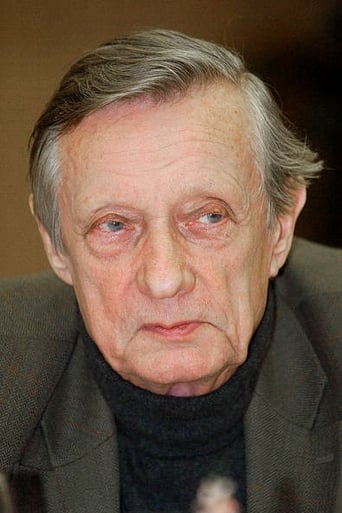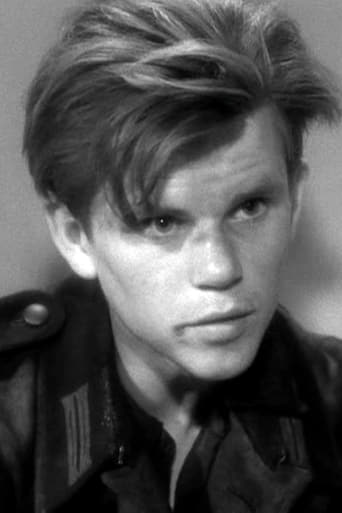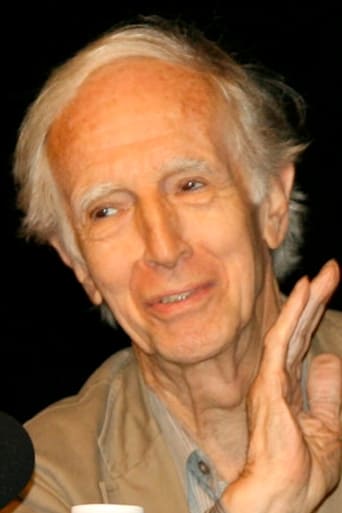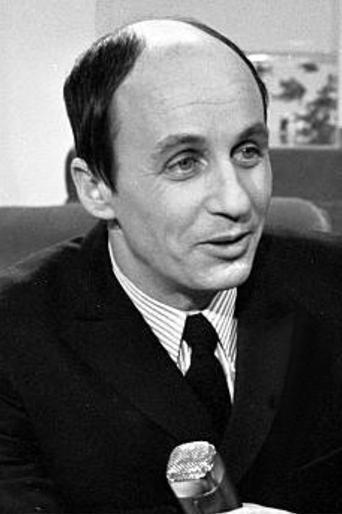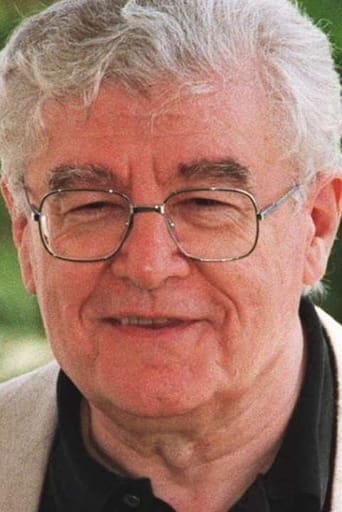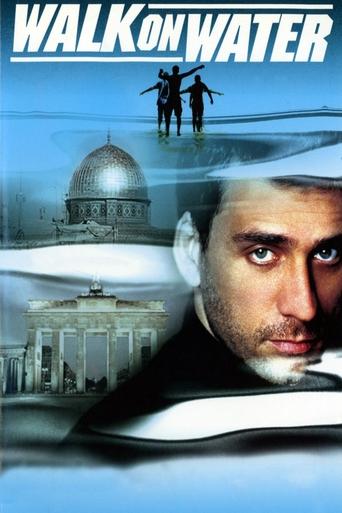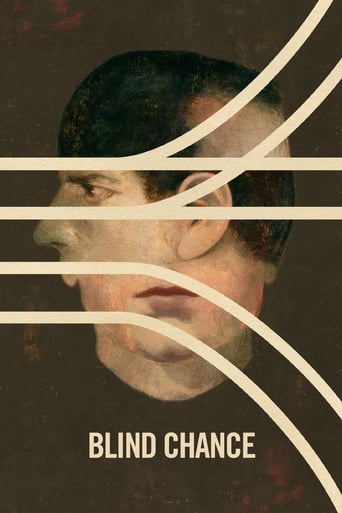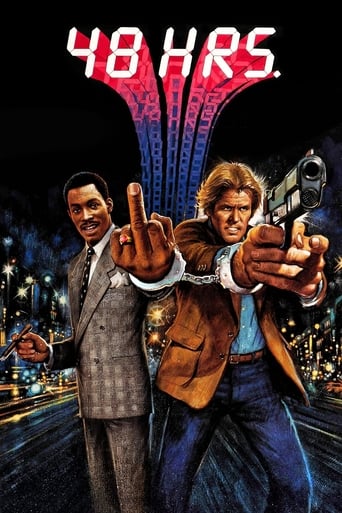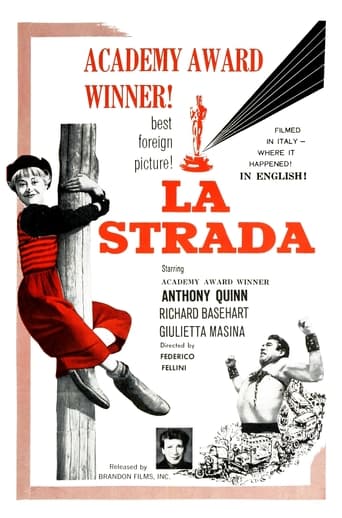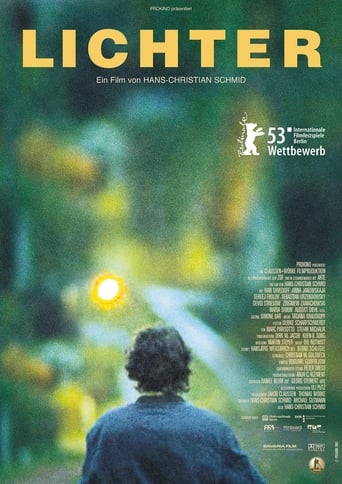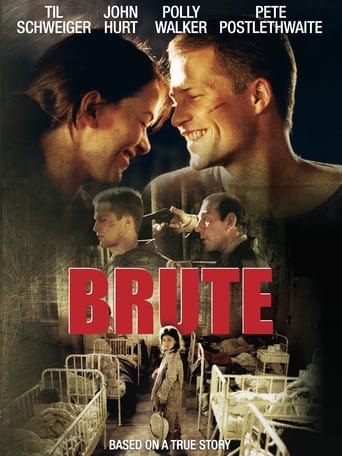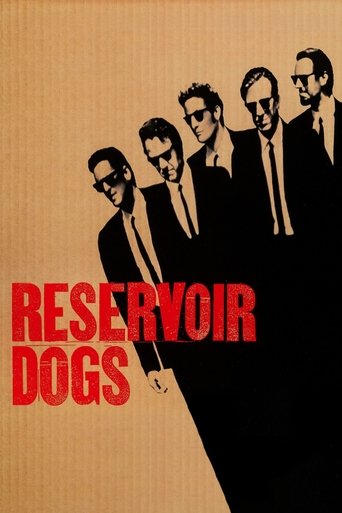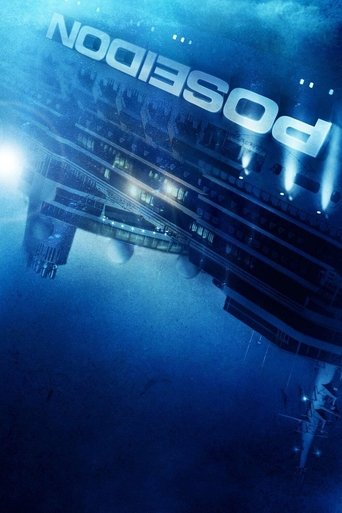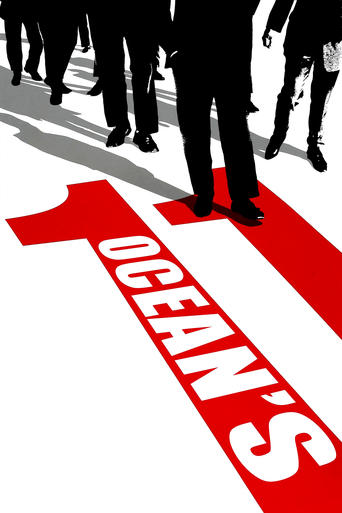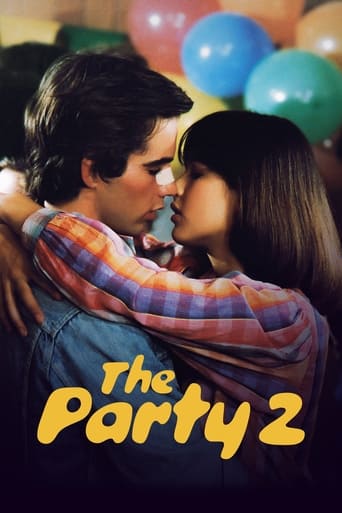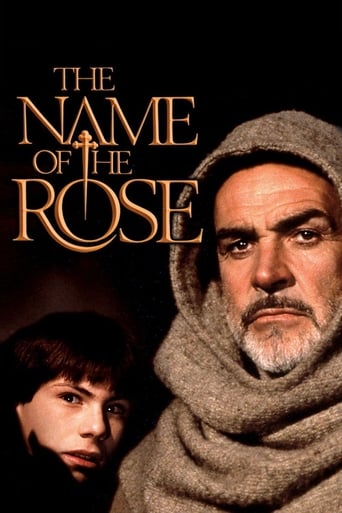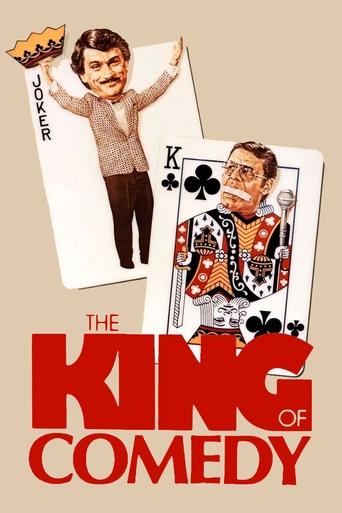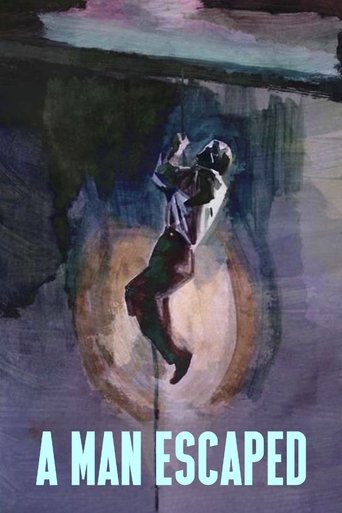
A Man Escaped (1956)
A captured French Resistance fighter during World War II engineers a daunting escape from prison.
- Robert Bresson
- Robert Bresson
- Robert Bresson
- André Devigny
- Robert Bresson
Rating: 7.958/10 by 529 users
Alternative Title:
A Man Escaped or The Wind Bloweth Where It Listeth - US
Le vent souffle où il veut - FR
Fugiu Um Condenado à Morte - PT
Um Condenado à Morte Escapou - BR
En dödsdömd har rymt - SE
Un condenado a muerte se ha escapado - ES
最后逃生 - CN
Приговоренный к смерти бежал - RU
사형수 탈출하다 - KR
Απόδρασις Μελλοθανάτων - GR
사형수 탈옥하다 - KR
K smrti odsouzený uprchl - CZ
Un condamné à mort s'est échappé ou Le vent souffle où il veut - FR
En dødsdømt er rømt - NO
Country:
France
Language:
Deutsch
Français
Runtime: 01 hour 41 minutes
Budget: $0
Revenue: $0
Plot Keyword: prison, nazi, escape, rope, prison escape, escaped convict, religion, spoon, train, prison break, lyon france
You can see much of where Tarkovsky got his patience from. The ending is given away by the title but somehow the last half hour / escape sequence is still, to quote another reviewer, unbearably suspenseful. I much prefer this Ian Curtis performance to anything he did for Joy Division.
Probably my favourite film from Robert Bresson, this tells the story of "Fontaine" (François Leterrier). He has been arrested by the Nazis on charges of spying and bombing, and is imprisoned without trial. His prognosis is not very good, but he is determined not to succumb to the fear and intimidation of his oppressors. One night in his cell, he observes that the door that holds him is made of oak and other, softer wood - can he find a way to escape before he faces the inevitable firing squad? It's the meticulous pace of this that is really effective. Leterrier is super as we, the audience, feel like we are sharing his daily risks. Day to day, never knowing whether he will survive. Surrounded by fellow inmates who may (or may not) be trustworthy. When he is unexpectedly saddled with a room-mate his choices and options become limited and imperative - and right to the very end, we are never quite certain as to what the denouement may bring. Mozart could never have imagined that his "Kyrie" and his "Agnus Dei" pieces could ever have been used to such chilling effects and the whole film just reeks of peril and authenticity right from the start. If you get a chance to see it on a big screen, then I'd heartily recommend you take it - it's only 100 minutes, but they are intense and compelling.

